
Developer: Yaza Games
Publisher: Daedalic Entertainment
Platforms: PC, Switch, PS4, PS5, Xbox Series X|S
Tested on: PC
Inkulinati – Review
The pen may be mightier than the sword, but what about the trusty goose feather-and-ink combo? It may sound like a silly question, but it’s a question that Yaza Games’ latest title, Inkulinati, tries to answer. And in all honesty, it’s okay to ask silly questions when it comes to Inkulinati, because it’s a silly game by design. But does silly also equal good? And what happens when a donkey farts into a trumpet? If you’re curious about that last one, then it’s very likely that Inkulinati is going to be up your alley.
Story
There isn’t much depth to Inkulinati’s tongue-in-cheek narrative. The core premise serves as a way to make the game’s mechanics make sense. The general idea is that back in medieval times, people were able to use magic ink to bring creatures to life. This art was lost over time, and the doodles we encounter in the margins of real-life manuscripts today are all that remain. We won’t delve any further into Inkulinati’s Monty Python-esque story because it’s strung together by jokes and references to historical figures like Franciscus of Assisi, and we’d be ruining a lot of the fun that is in discovering how the story unfolds. All we’ll say is that you’ll eventually end up facing off against Death himself, but the journey there is filled with laugh-out-loud surprises and an unsettling amount of fart jokes.
Graphics
We recently took a look at Rising Lords, a game that took inspiration from medieval drawings. Inkulinati takes a very similar approach, but rather than basing its art style on full-fledged illustrations, the visuals here are based on the doodles and scribbles that you’d find in the margins of manuscripts. The creatures that populate the field of battle look like those doodled by a bored monk in between meticulously copying biblical texts. The creature designs are a major contributor to Inkulinati’s appeal, and the simple visuals result in a buttery smooth performance. In between, you’re treated to full-on FMV cutscenes where actors in historical costumes are sat next to one another as they frantically draw. It’s extremely silly but in a good way.
Sound
It probably isn’t surprising that Inkulinati also nails its audio. Aleksander Zabłocki’s soundtrack is a natural fit for the game’s aesthetics, although the standout song is bardcore artist Hildegard von Blingin’s original track Beasts of Yore. That same Hildegard also voices the not-so-subtly named Hildegard von Bingen, alongside a voice cast that does a fantastic job at bringing the various characters to life.
Gameplay
We’re fans of unique games, and Inkulinati certainly fits that bill. Where else are you going to find a 2D strategy game where you’re battling your opponents with scribbles? When an oddball game like this isn’t just built around a gimmick, but also incorporates its concept in its gameplay mechanics in a creative way, then you’re looking at a real winner. Inkulinati succeeds in this aspect as well, delivering a fun and memorable gameplay experience, with perhaps one minor downside. We’ll get to that, but first, let’s dig into all the goodness that Inkulinati has to offer. Players step into the boots, sandals, or otherwise of their medieval character of choice and face off against another character by drawing different warriors on a manuscript. After playing through a very extensive tutorial, which eats up around three hours, and that perhaps covers things in a bit too much detail, you’re able to select your avatar and off you go on your little drawing adventure.
Your artist character, referred to in-game as the Tiny, is your most important asset, and every gameplay mechanic is built around them. The goal of Inkulinati is simple: you need to destroy your opponent’s Tiny, by reducing their HP to zero or by literally pushing them off the page. Your own Tiny summons creatures by drawing them but this requires ink. While you automatically obtain ink in between rounds, there are ways to increase your ink flow. The more ink you have, the greater the amount of creatures you can draw, of course. There is a wide variety of creatures at your disposal too, mostly anthropomorphic animals. They each bring their own unique abilities to the table: from a donkey that blows a trumpet by farting into it, making opponents skip a turn, to a sword-wielding rabbit that somehow puts enemies to sleep by gratuitously flashing its buttocks. Yes, there are a lot of butt jokes in the game. Then again, butt jokes were the epitome of medieval humor, so points for accuracy, we guess?
To Inkulinati’s credit, the low-brow humor doesn’t necessarily translate into shallow tactics. There are a wide variety of stage layouts and obstacles that can alter the flow of the game, keeping things fresh. The turn-based nature of Inkulinati also allows players to take their sweet time to plot their evil schemes. It’s incredibly satisfying to see a carefully laid-out chain of events happen, especially if it ends with unsuspecting enemies falling to their doom. One of Inkulinati’s more interesting mechanics involves deck building, believe it or not. In between battles, you can change your available arsenal of creatures. As you progress through the game, your Tiny learns to draw a wider range of creatures, constantly expanding your menagerie. These are randomised too, so when replaying, you’ll have a different set of creatures to choose from.
Normally, this would mean you hand-pick the best units for your playstyle and stick with them, but here things play out slightly differently. You see, the more your Tiny has to draw the same character over and over again, the more bored they grow with it, resulting in increased ink cost. This practically forces you to constantly rotate between creatures, meaning you’re constantly rethinking and re-assessing which creatures to use when. Add to this that Inkulinati seamlessly incorporates rogue-like elements, like your Tiny’s remaining HP carrying over between battles and a different selection of creatures and perks appearing every playthrough, and you’ve got a game that manages to consistently feel fresh rather than quickly grow repetitive.
Despite the aforementioned mechanics ensuring no two runs feel the same, the game still feels very light on content. The meat of the game is in Journey Mode, but this is neither a long nor a difficult mode. We took this on at a leisurely pace and even then it took us no longer than eight hours to complete this mode. The game does incentivize you to replay Journey Mode, as every time you replay it, it expands a little -up to three times. There is some merit to replaying Journey Mode to try out new strategies, but we couldn’t help but feel like there should have been more here, as you’re still replaying the same set of maps over and over again. Inkulinati does offer a versus mode that allows you to take on AI opponents or your friends using custom decks, but overall, the entire package is still on the barebones side for the $24.99 price of entry. It’s a bit of a double-edged sword: Inkulinati is really fun, but it also left us wanting more.
Conclusion
Although Inkulinati may be light on content, it’s heavy on fun. The mechanics are accessible and provide plenty of strategic options, and although the striking art style is probably what pulls people in, we’d actually consider it the icing on the cake. Inkulinati’s only real downside is that there isn’t really enough in the Journey Mode to justify the price tag, but if you can pick this one up with a decent discount, it’s a no-brainer to do so.

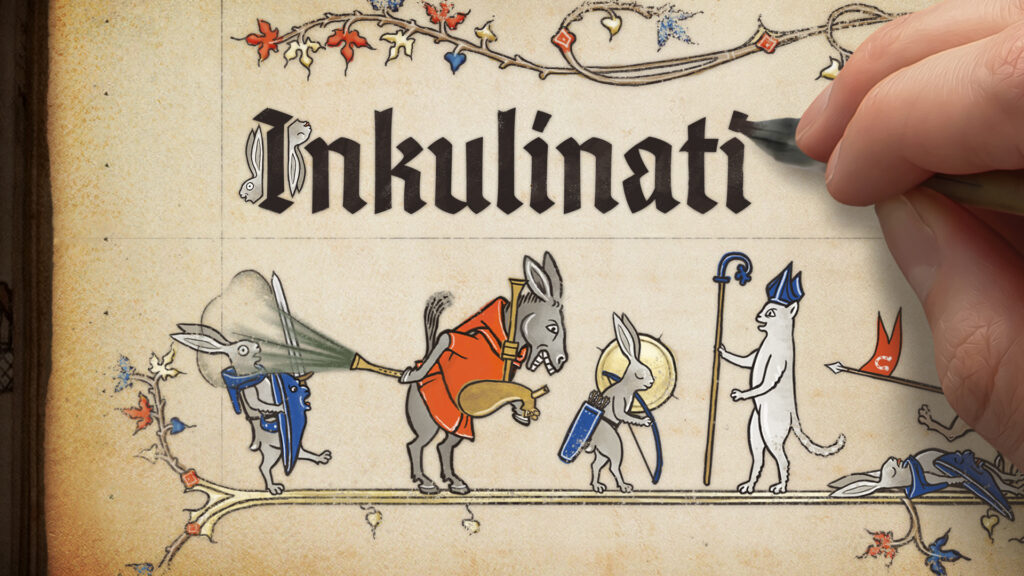
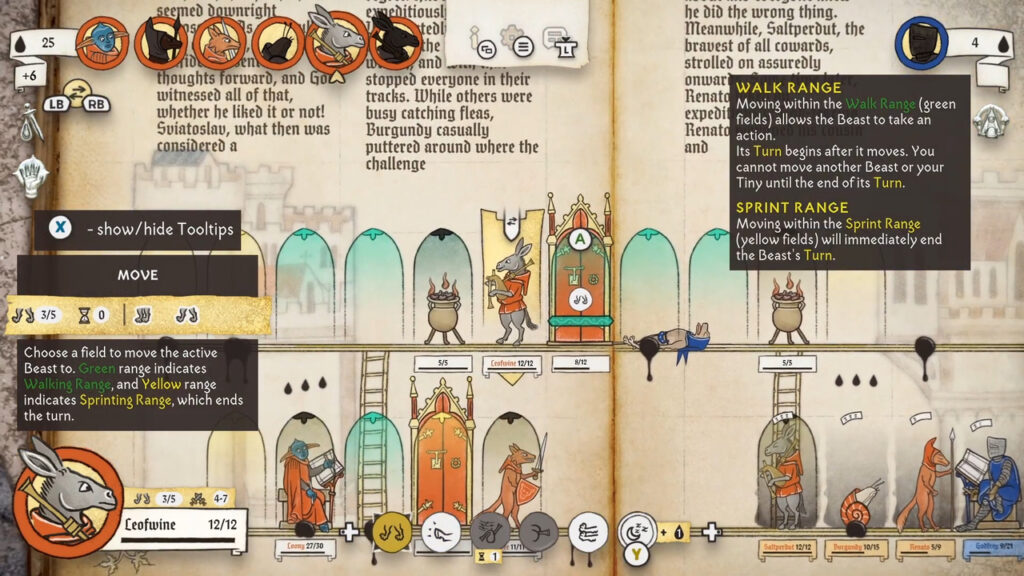
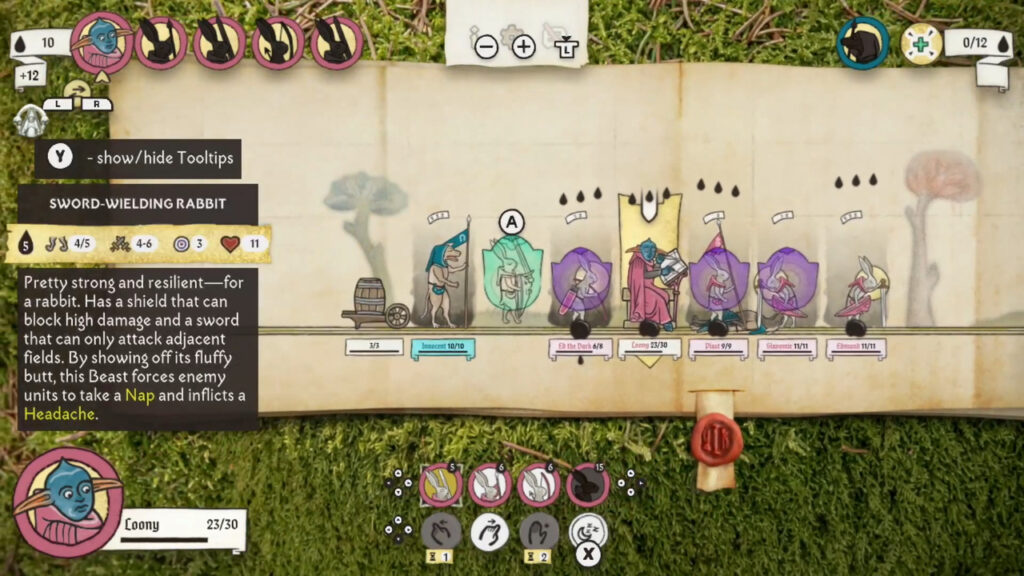
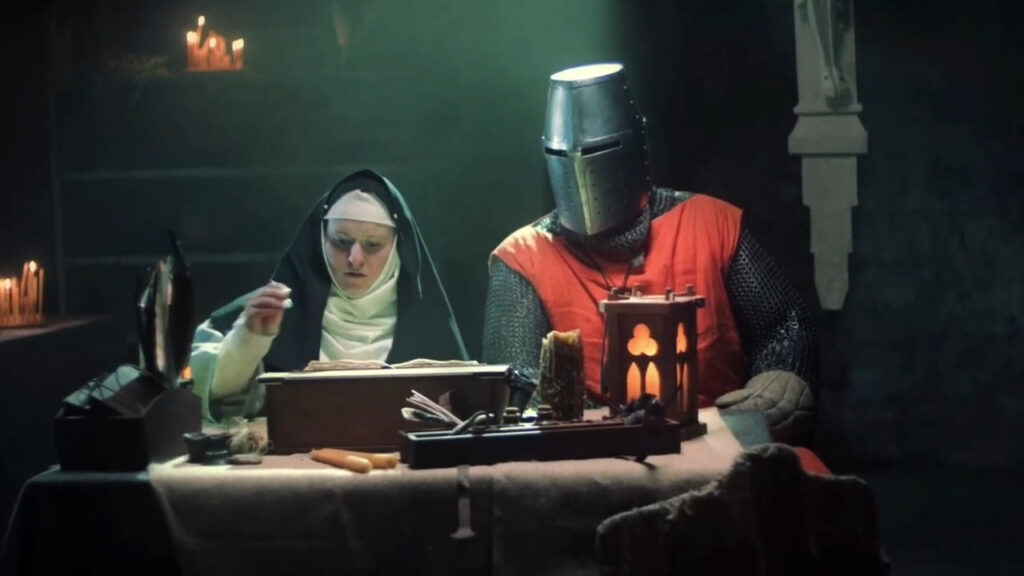
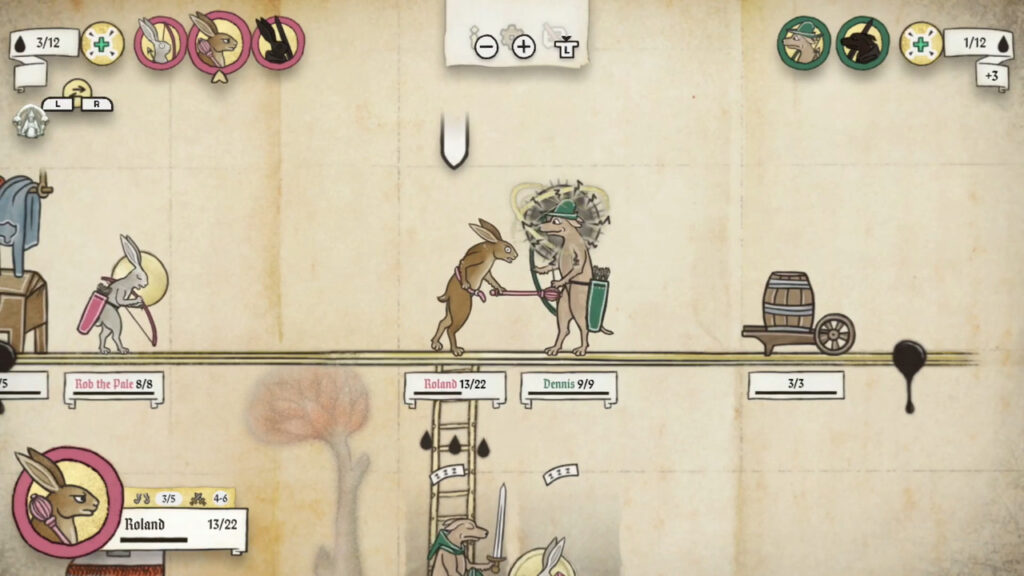




No Comments